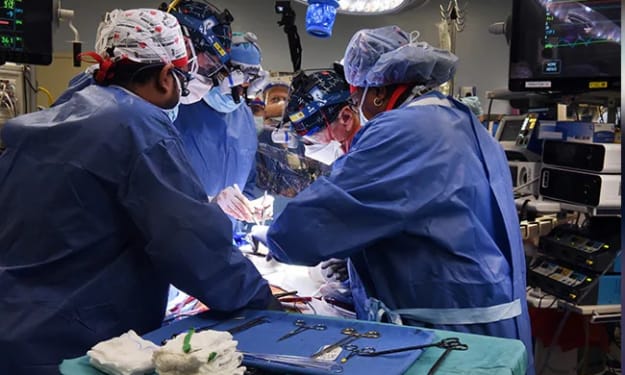According to Dr. Zhang Yuxi (Taiwan, China), acne appears or increases right before and during menstruation due to hormonal changes. Specifically, at this time, estrogen in women decreases and testosterone increases, causing the sebaceous glands to overwork, secrete excessive oil, and make the skin swell and shrink pores. This leads to clogged pores and acne formation.
Although menstrual acne is different for each person, it is also dependent on many factors other than hormones. The biggest is from lifestyle. Dr. Zhang lists 4 actions that make acne flare up more during "red light" days, but many women still do it without even knowing:
1. Eat too much sugar
A high-sugar diet can cause acne at any time, but it is worse when you eat it during your period. Because sugar increases insulin levels in the blood, stimulating androgen hormones to increase sebum secretion. Meanwhile, high testosterone causes the sebaceous glands to overwork. The skin is also more sensitive and prone to inflammation during these days.
Eating too many sweets and fried foods at any time can easily cause acne
In addition, Dr. Zhang reminds that eating a lot of sugar increases insulin, which also stimulates inflammatory reactions in acne, increases pain and swelling, slows down the healing of acne, and leaves dark scars. It is best to eat less before and during menstruation, especially for those who are prone to acne during their period or have acne.
2. Stay up late
The feeling of discomfort during menstruation makes many women tend to have trouble sleeping, stay up late, but this is an action that creates an opportunity for acne to flare up. Even if you usually stay up late without getting acne, before or during menstruation, it is very easy for acne to grow like mushrooms, making the skin much worse.
Dr. Zhang explained that during this period, women's immune systems are weakened, they are more sensitive, tired, and more prone to hormonal disorders. While staying up late makes the body tired and increases cortisol secretion, which accelerates the oxidation of free fatty acids in cells to create energy for the body. This stimulates the development of sebaceous glands, leading to acne. Excessive stress and weakened immunity also reduce the ability to fight inflammation and repair skin damage, so acne grows faster, more, and takes longer to heal.
3. Use alcoholic or caffeinated beverages
Drinks with alcohol or caffeine such as beer, tea, coffee, carbonated drinks, and energy drinks are considered by many women as a "lifesaver" during red light days. Because it helps stay awake, concentrate on work and resist the unpleasant feelings that menstruation brings. However, according to Dr. Zhang, they should be classified as a "no-no" for women during menstruation.
This group of drinks easily causes the body to become dehydrated, causing fatigue, drowsiness, and dehydrated skin, causing dryness, dark spots, and peeling. Not to mention, it also reduces the liver's ability to detoxify, leading to toxins accumulating in the body, causing acne or acne that takes a long time to heal. Alcoholic beverages and caffeine cause the skin to stimulate sebum more, hindering the skin's recovery process after acne, causing acne to return persistently.
Not to mention, they also affect hormones in the body, changing the ovulation process, affecting the menstrual period as well as the amount of blood lost during menstruation. Causing iron deficiency due to reaction with phosphate and making uterine contractions more severe along with many other uncomfortable physical and mental symptoms.
4. Over-moisturizing or over-cleansing
Due to increased sebum activity, many women feel uncomfortable, want to wash their face more, and increase skin surface cleaning activities during their period. However, over-cleaning at any time is counterproductive. Especially during menstruation, the skin is sensitive. Menstrual acne is caused by hormones, not dirty skin. If you wash your skin, rub your skin too hard or abuse chemicals, it will damage your skin, making it more susceptible to inflammation and causing acne as well as spreading the acne.
Over-cleansing is a skin-damaging mistake that many young women often make during each "red light" period
There are also many women who find that their skin during this period worsens and increases nutrients, especially moisture. Meanwhile, hormonal changes are causing the skin to secrete more oil, swell and shrink pores, so not only can they not be absorbed, but they are also more clogged. At this time, the skin is also more sensitive, so using too much or inappropriate cosmetics can cause irritation as well as acne and dermatitis.
Instead, Dr. Zhang recommends that women rest more, maintain mental stability, sleep early and wake up early, and exercise gently. If you want to reduce acne, drink more water, supplement foods containing zinc, eat more legumes, supplement Omega-3 fatty acids, and eat more green vegetables and berries.









Comments
There are no comments for this story
Be the first to respond and start the conversation.